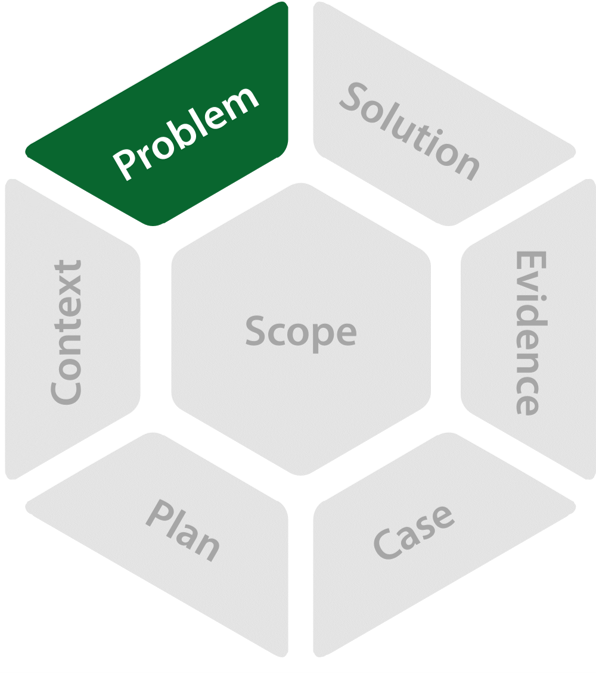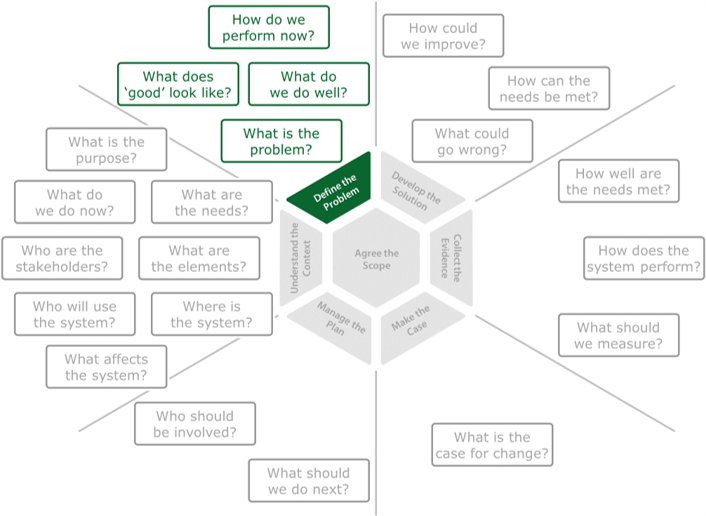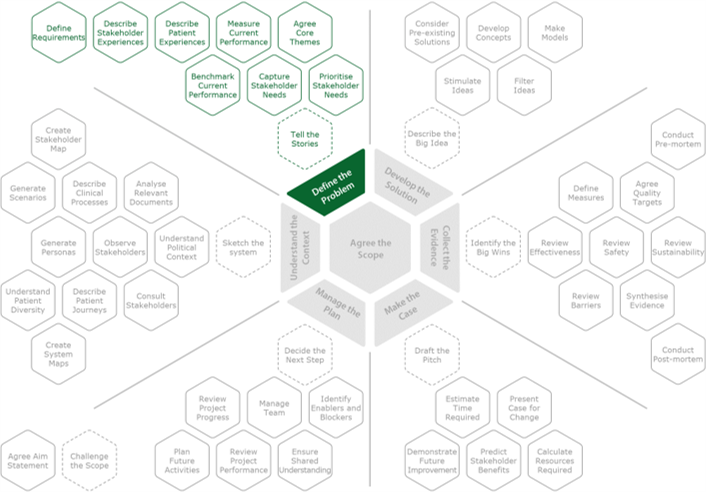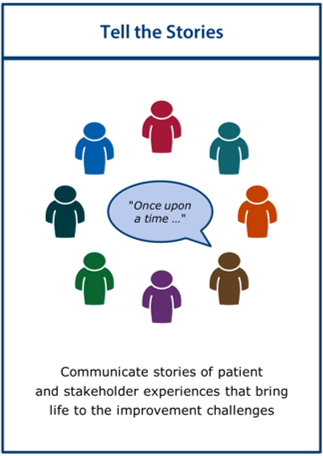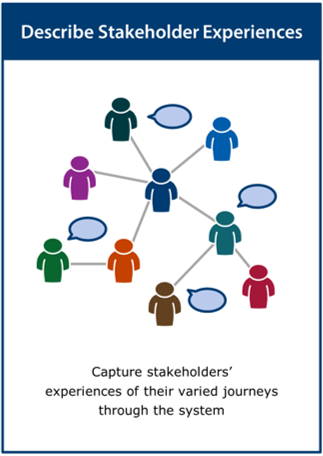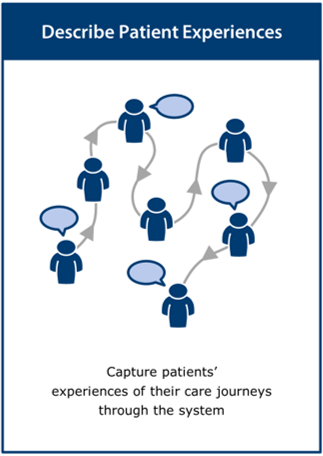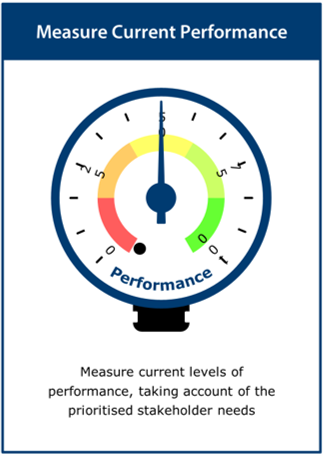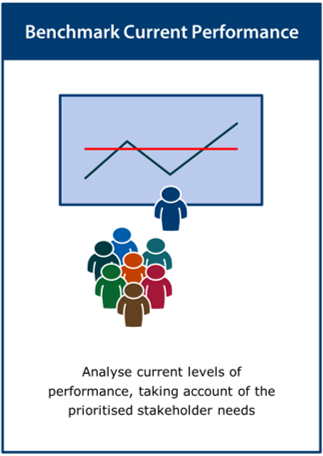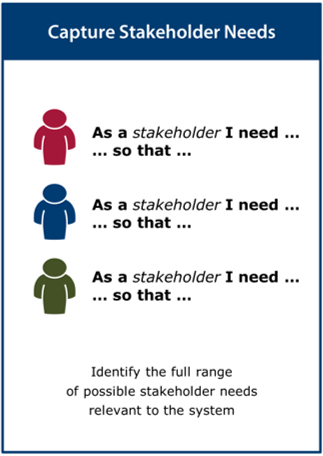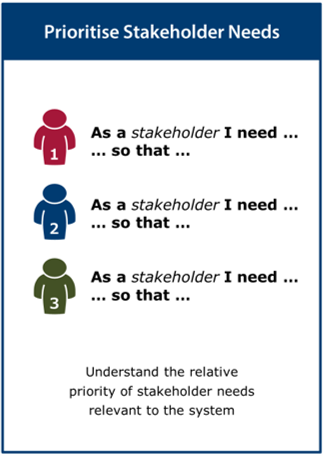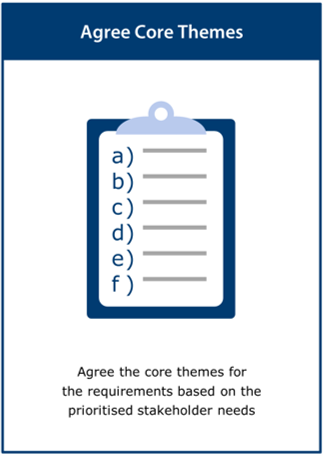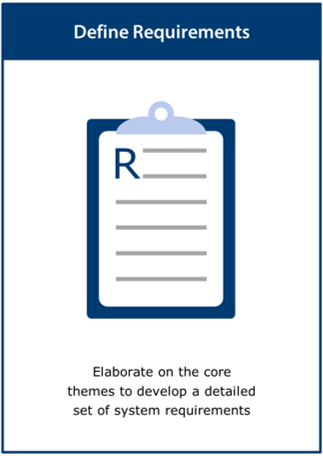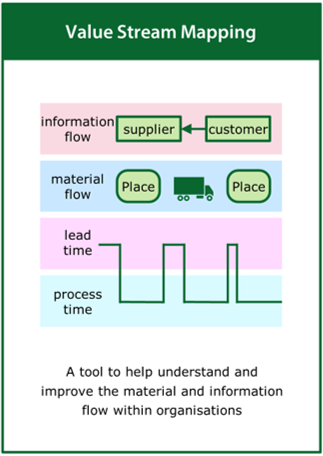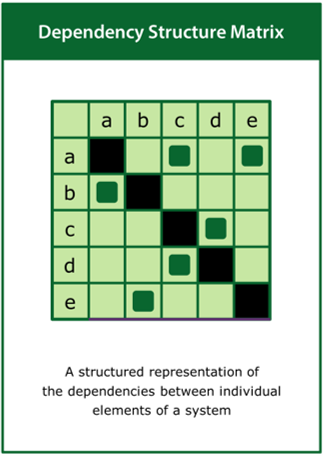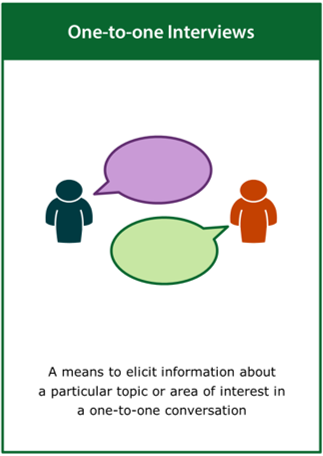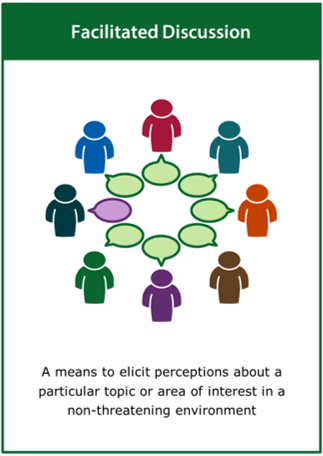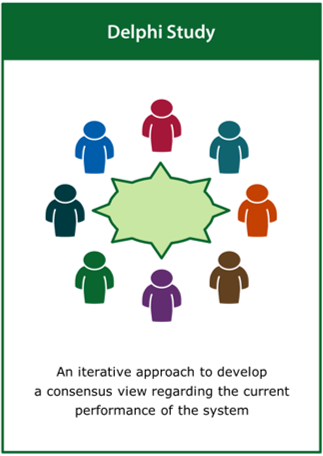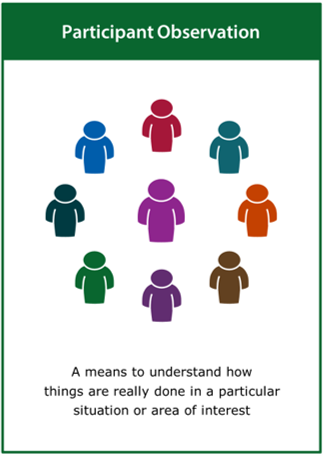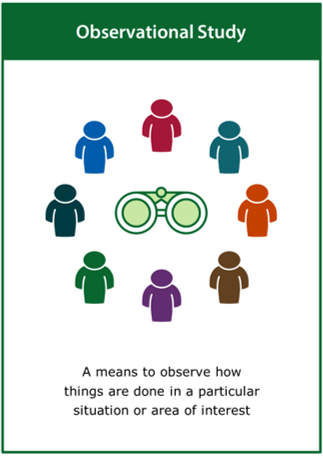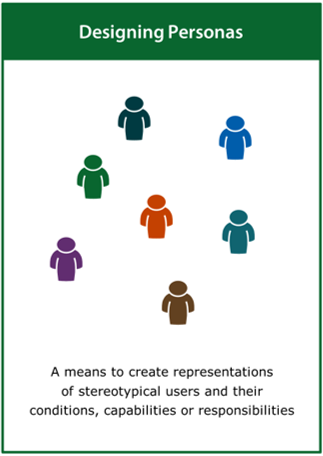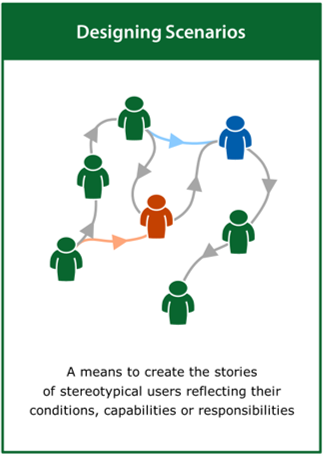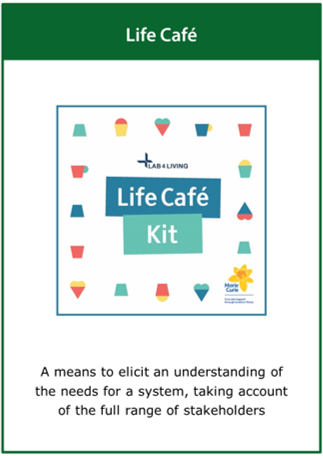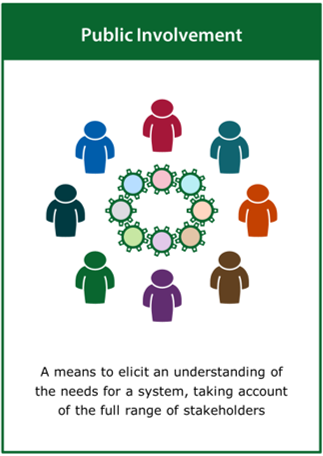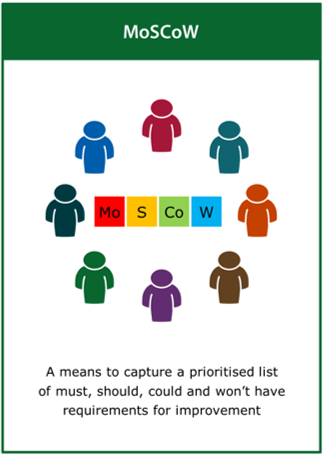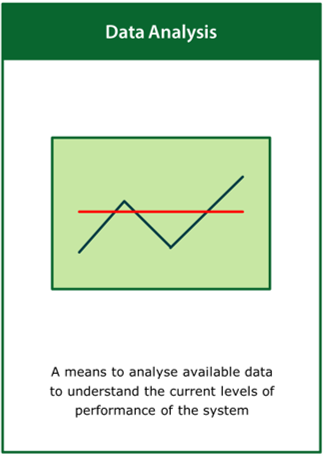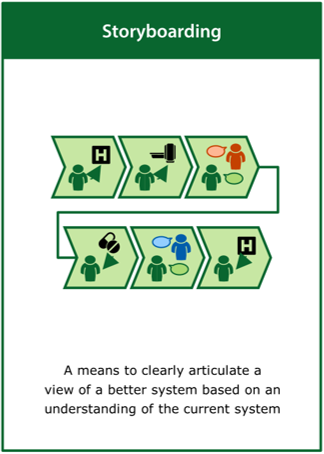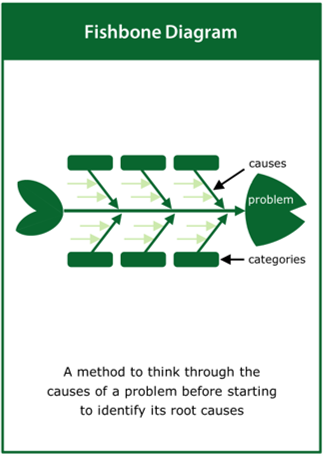The problem describes the detail of a particular challenge within a system and all the requirements for change necessary to improve the system.
Contents
Introduction
The need to Define the Problem is the second of the seven strands in the improvement model. It underlines the importance of defining the problem within the system to be improved, following understanding the system and as a precursor to developing the solution and collecting the evidence. As a result, it is expected that such a definition will be developed in the early stages of the improvement process and revised, as appropriate, as the process develops.
Purpose
Defining the problem has particular importance to systems improvement: describing and benchmarking the current performance of the system of interest; understanding and prioritising the needs of stakeholders and users of the system; and defining and agreeing the key requirements for improvement.
Activities
The process of defining the problem may include a wide range of activities including, but not limited to: Describe Stakeholder Experiences, Describe Patient Experiences, Measure Current Performance, Benchmark Current Performance, Capture Stakeholder Needs, Prioritise Stakeholder Needs, Agree Core Themes and Define Requirements.
In the Initiate and Understand stages of the improvement process, a preliminary activity, Tell the Stories, provides a useful starting point. It may also be relevant for the Co-design, Delivery and Sustain stages, where the context should be reviewed and updated to support the changing priorities of the latter stages of the improvement process.
More detail on each of these activities is given in the define the problem part of the Activities section (within Resources)
Tools
The practice of defining the problem may draw on a wide range of tools including, but not limited to: Value Stream Mapping, Dependency Structure Matrix, One-to-one Interviews, Facilitated Discussion, Delphi Study, Participant Observation, Observational Study, Designing Personas, Public Involvement, MoSCoW, Data Analysis, Storyboarding and Fishbone Diagram.
More detail on each of these activities is given in the define the problem part of the Tools section (within Resources)
Use the Questions Map poster to identify the key questions that would help to deliver the outputs required.
Alternatively, use the Stage Activities poster to identify the improvement activities that would help deliver the outputs required.
Activities
Tools
Feedback
We would welcome your feedback on this page:
Privacy policy. If your feedback comments warrant follow-up communication, we will send you an email using the details you have provided. Feedback comments are anonymized and then stored on our file server
Read more about how we use your personal data. Any e-mails that are sent or received are stored on our mail server for up to 24 months.


